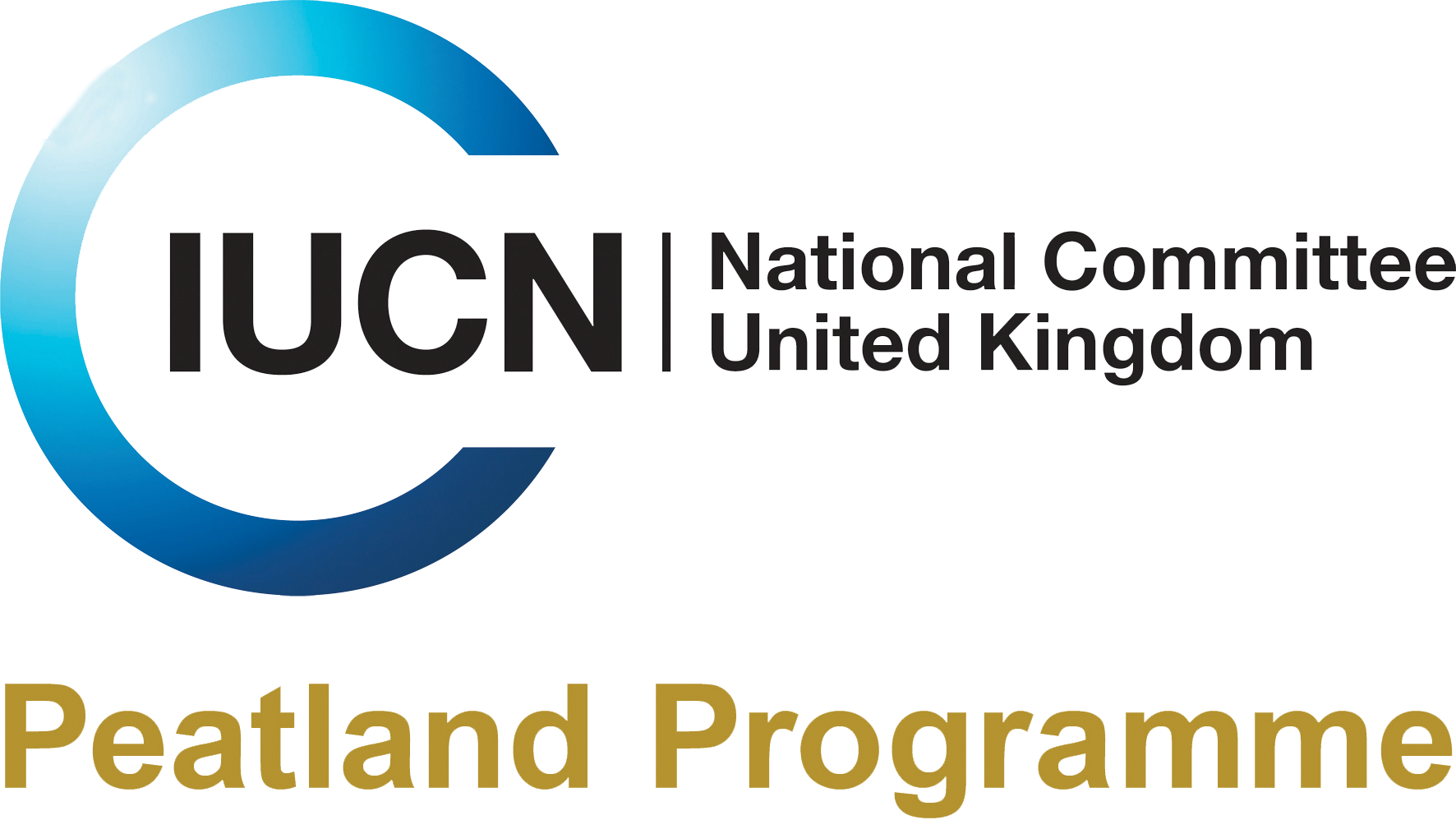We are delighted to support this project which will investigate the management of peatlands to maximise their GHG removal potential in areas across the UK. The aim is to help the UK reach its legislated net-zero climate target by 2050.
The methods all have the potential to remove GHGs from the atmosphere – but their effectiveness, cost, and limitations need to be better understood and proven at scale.
UK Research and Innovation (UKRI) will invest £30 million in five interdisciplinary projects and a central hub located at the University of Oxford, to conduct the research over 4.5 years.
An additional £1.5 million will be invested in further studies in year three of the research.
The results will be used to shape longer-term government decision-making on the most effective technologies to help the UK tackle climate change and reduce CO2 emissions.
These GHG removal (GGR) demonstrator projects will investigate:
- management of peatlands to maximise their GHG removal potential in farmland near Doncaster, and at upland sites in the South Pennines and in Pwllpeiran, west Wales
- enhanced rock weathering – crushing silicate rocks and spreading the particles at field trial sites on farmland in mid-Wales, Devon and Hertfordshire
- use of biochar, a charcoal-like substance, as a viable method of carbon sequestration. Testing will take place at arable and grassland sites in the Midlands and Wales, a sewage disposal site in Nottinghamshire, former mine sites and railway embankments
- large-scale tree planting, or afforestation, to assess the most effective species and locations for carbon sequestration at sites across the UK. It includes land owned by the Ministry of Defence, the National Trust and Network Rail
- rapid scale-up of perennial bioenergy crops such as grasses (Miscanthus) and short rotation coppice willow at locations in Lincolnshire and Lancashire.
